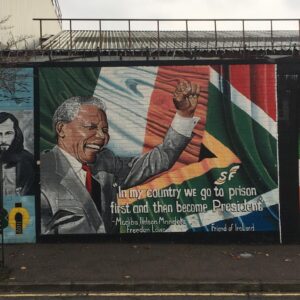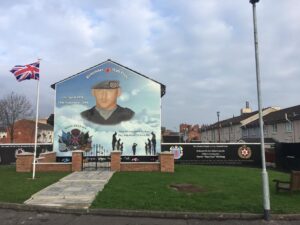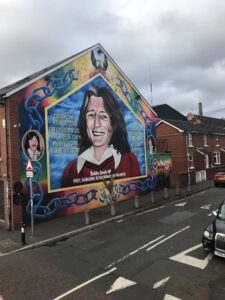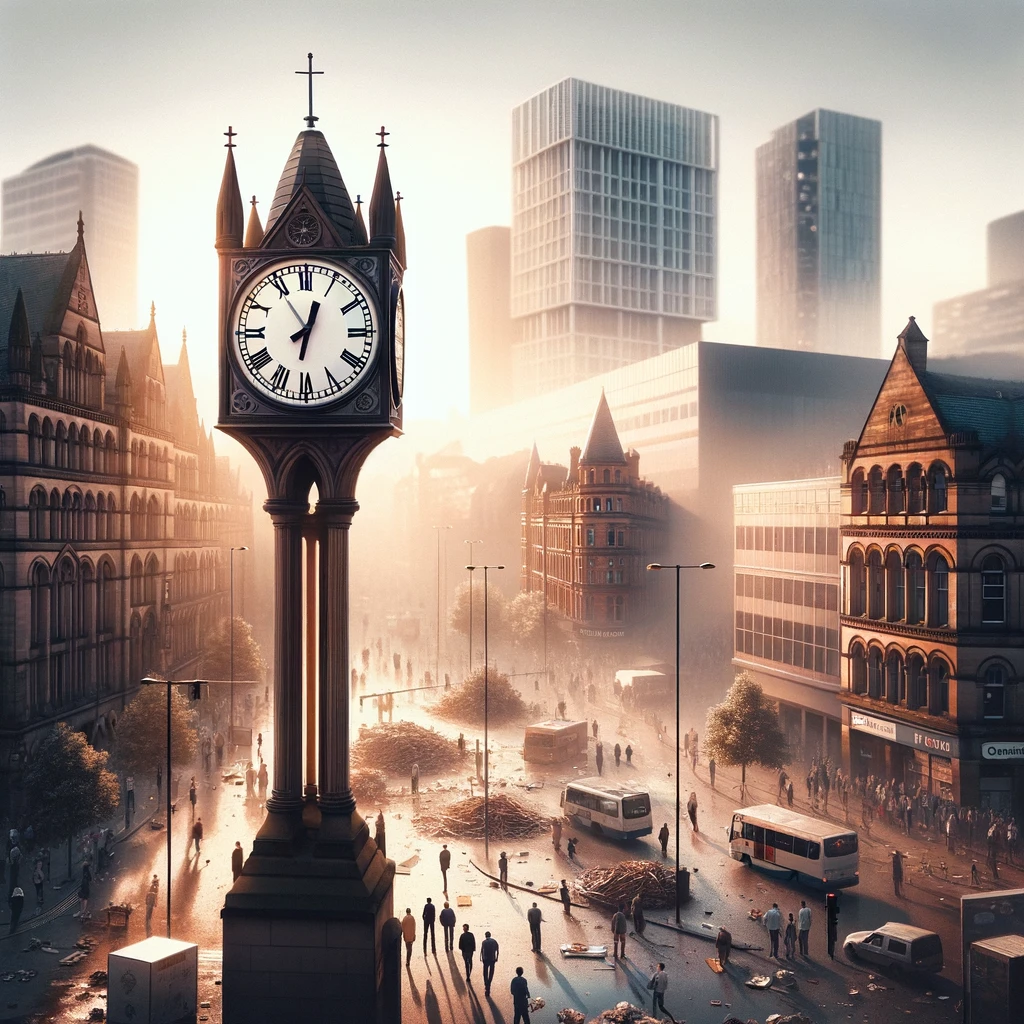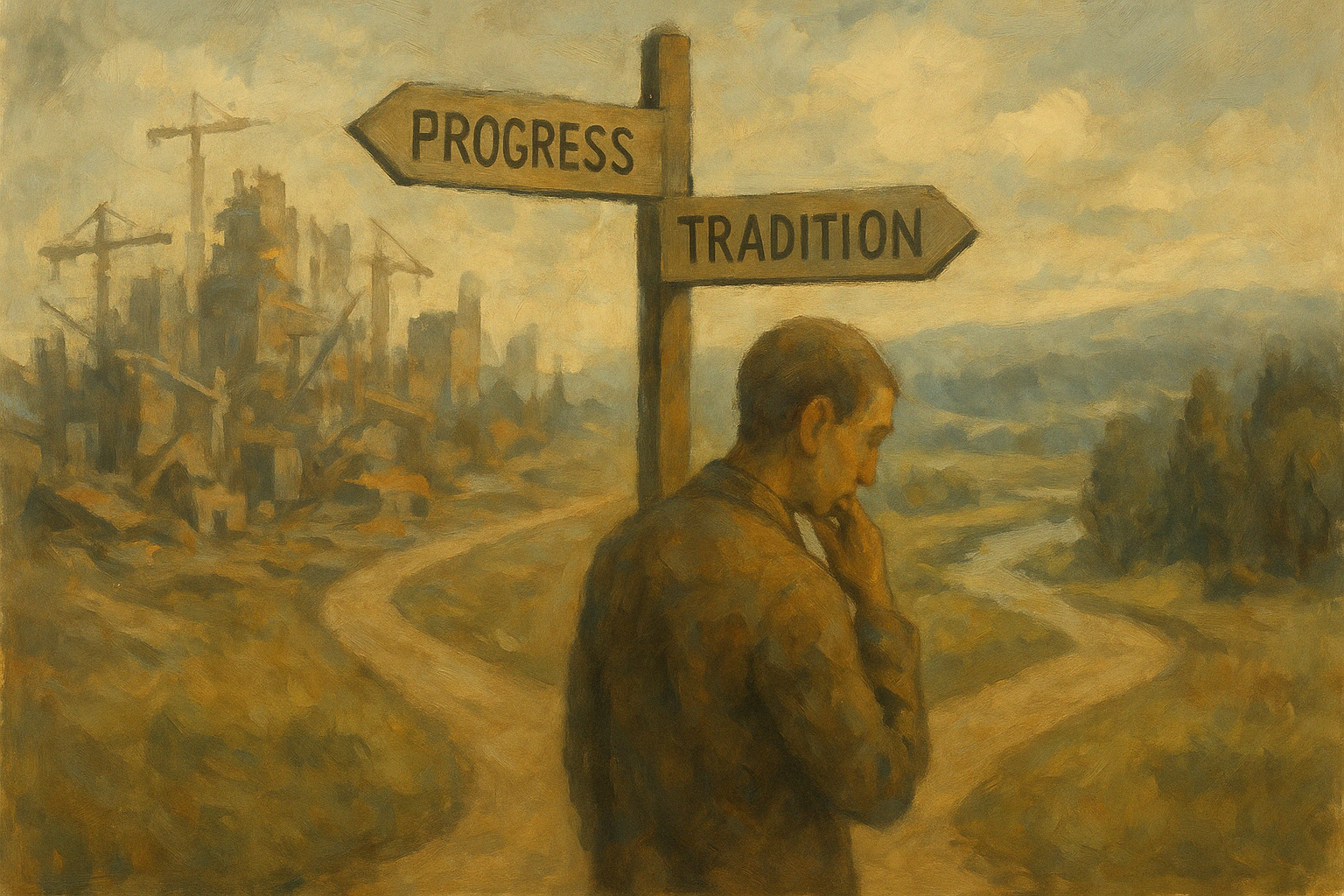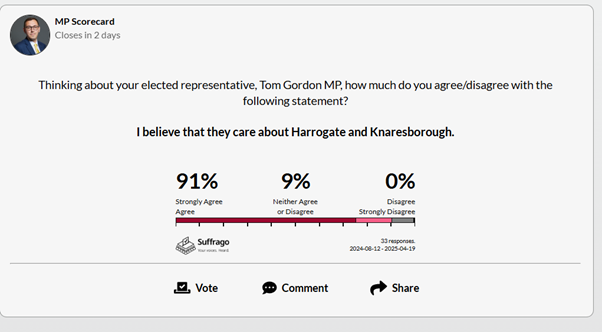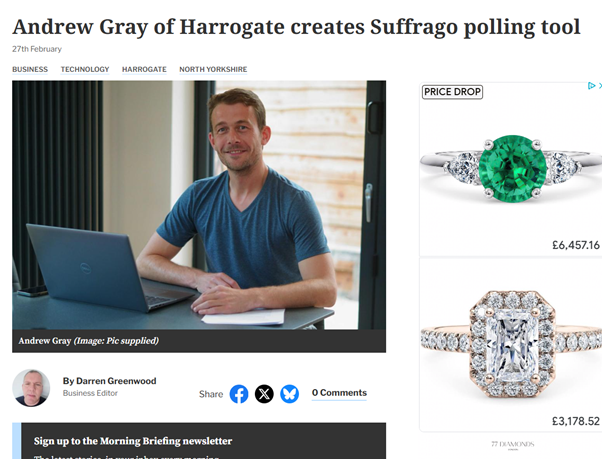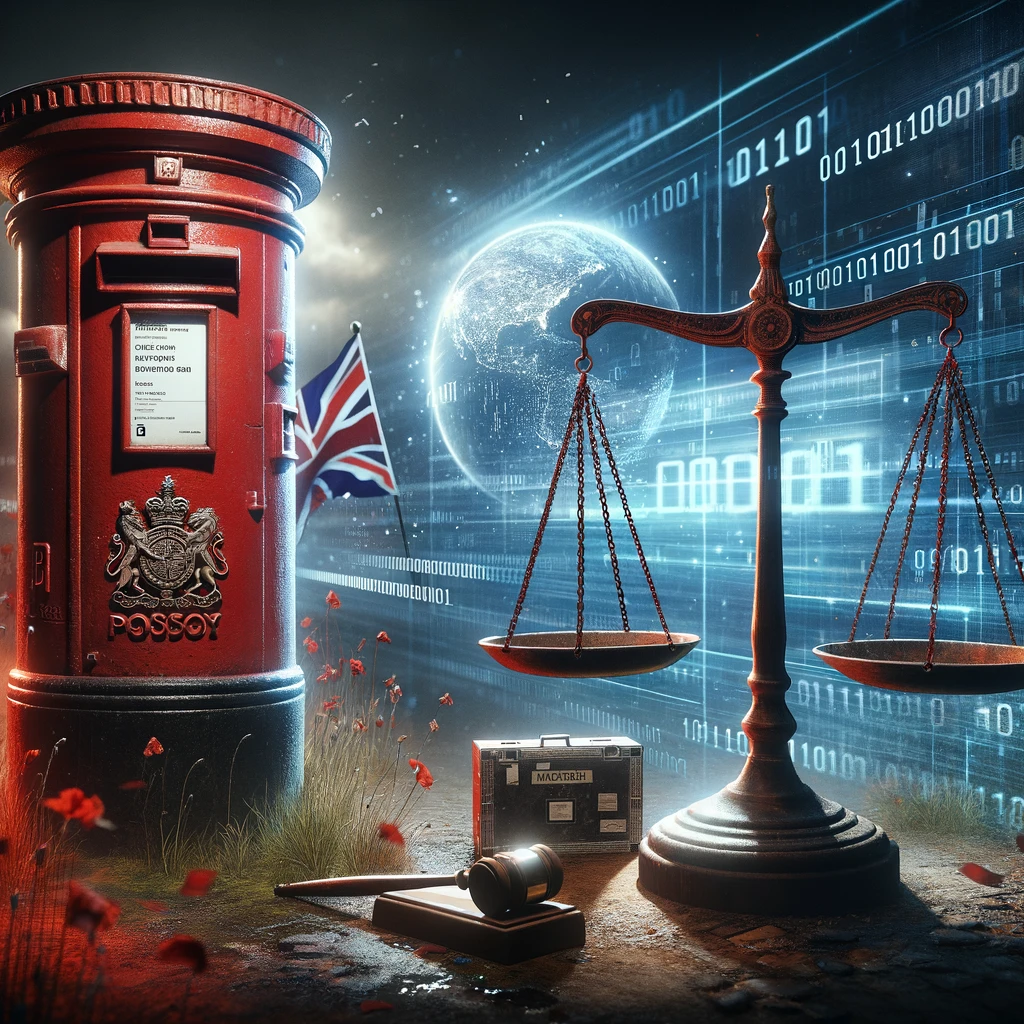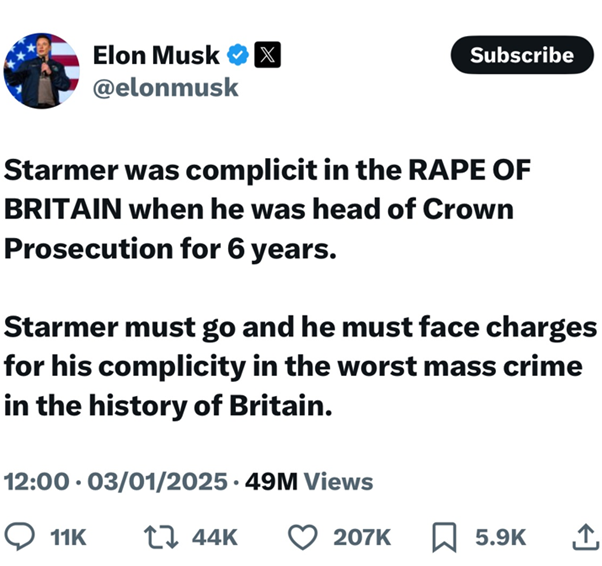On Saturday 15 June 1996, my best friend and I – both 16 – had planned to go shopping in Manchester. That morning, my mate was dropped off at our house, in Salford, north Manchester. For reasons unknown, we decided not to go into the city.
At 11:17 am, just as we would have arrived in the heart of my city, the IRA detonated the largest bomb in peacetime Europe, weighing 1500kg. IRA terrorists had filled a lorry with fertiliser, parked it outside the main shopping centre, and then gave a 90-minute warning, before it went off. Over 200 people were injured. The shopping district, in need of renovation, was pulverized. Windows of buildings some miles away were blown out, so massive was the explosion. Had there been no warning, hundreds would have perished.
My friend and I thanked our lucky stars that we had been too lazy to make the trip.
A few years before, in 1993, in Warrington, not far from Manchester, the IRA detonated another bomb, killing two little boys, Tim Parry and Jonathan Ball. Of all terror victims in my lifetime, it is Tim Parry’s name which is etched into my memory.
The zeitgeist of that time was that this madness had to stop. Back then, whenever Gerry Adams, leader of Sinn Fein, was interviewed, the Conservative Government mandated that his voice had to be dubbed over. Even as a teenager, this made little sense to me, given that the audience could hear what he said, though not in Adams’ own voice.
Around that time, on Saturday night TV, when most families would gather together to watch either BBC1 or ITV, I remember hearing this joke on BBC1, which summed up the British attitude to Irish Republicanism:
“Did you hear about the IRA terrorist who was sent to the mainland to blow up a bus? Well, he burned his lips on the exhaust pipe”.
I don’t remember many jokes, particularly from three decades ago, but this one neatly captures the prevailing attitude of the day. In a similar vein, at around that time, some far-right members of the Conservative Party would wear “Hang Nelson Mandela” T-shirts. Mandela and the IRA were terrorist scum – was the commonly held view.
…………………………………………………………………
Watching the unfolding horrors in Israel and Gaza, a conflict I have followed for two decades, I am reminded of the 1990s period here in the UK, particularly this week, of all weeks, when Sinn Fein’s Michelle O’Neill made history by becoming the first nationalist First Minister in 103 years of devolved rule. On 16 June 1996, in the aftermath of the carnage, had you asked a wily Mancunian whether they would ever see a Nationalist First Minister of Northern Ireland, their response would have been unrepeatable.
Of course, the recent Israel-Palestinian violence is at its worst, and it is no coincidence that– on all sides – the current leaders are the pits. And yet I remain optimistic that from this nadir, peace may be closer than it appears, for in the UK, The Good Friday Agreement, signaling the end of the hostilities, was signed only 22 months after the Manchester bombing. I live in hope that a rapprochement between Israelis and Palestinians is nearing by the day. Back in Manchester, at 11:18am on 15 June 1996, vast swathes of my city lay in ruins. Fast forward to today, this area is now the swankiest part of my city. Many a Mancunian is grateful for for the much-needed renovation.
………………………………………………………………………
Despite the end of hostilities, most Brits of my age have never been to Northern Ireland. I only made my first trip back in 2018. Here are some photos of Loyalist and Republican muraks. Aptly, with South Africa leading the legal challenge against Israel in the ICJ, accusing Israel of genocide, the words of Nelson Mandela etched onto a Republican mural are worthy of some consideration today: “In my country we go to prison first and then become President.”
